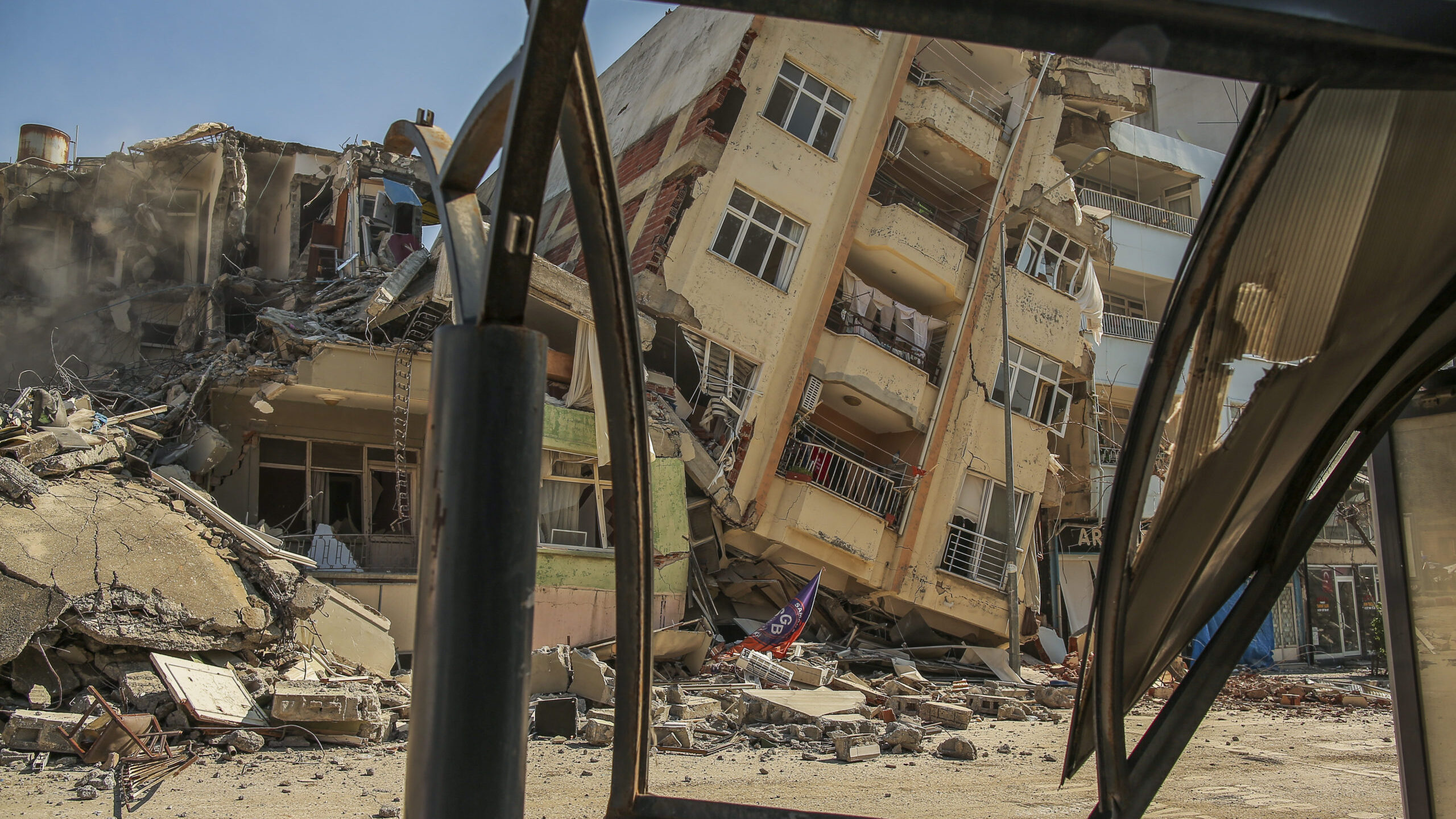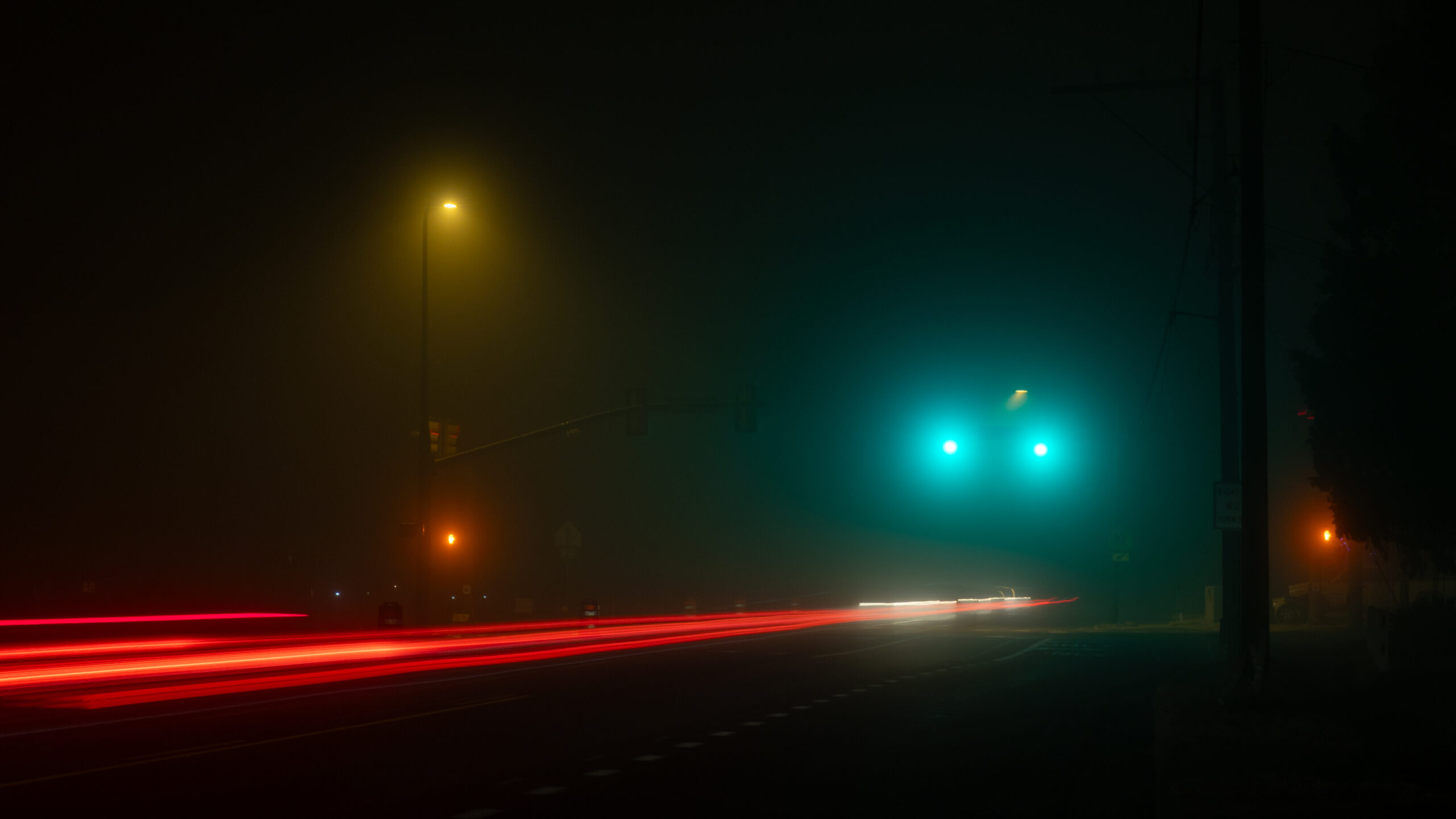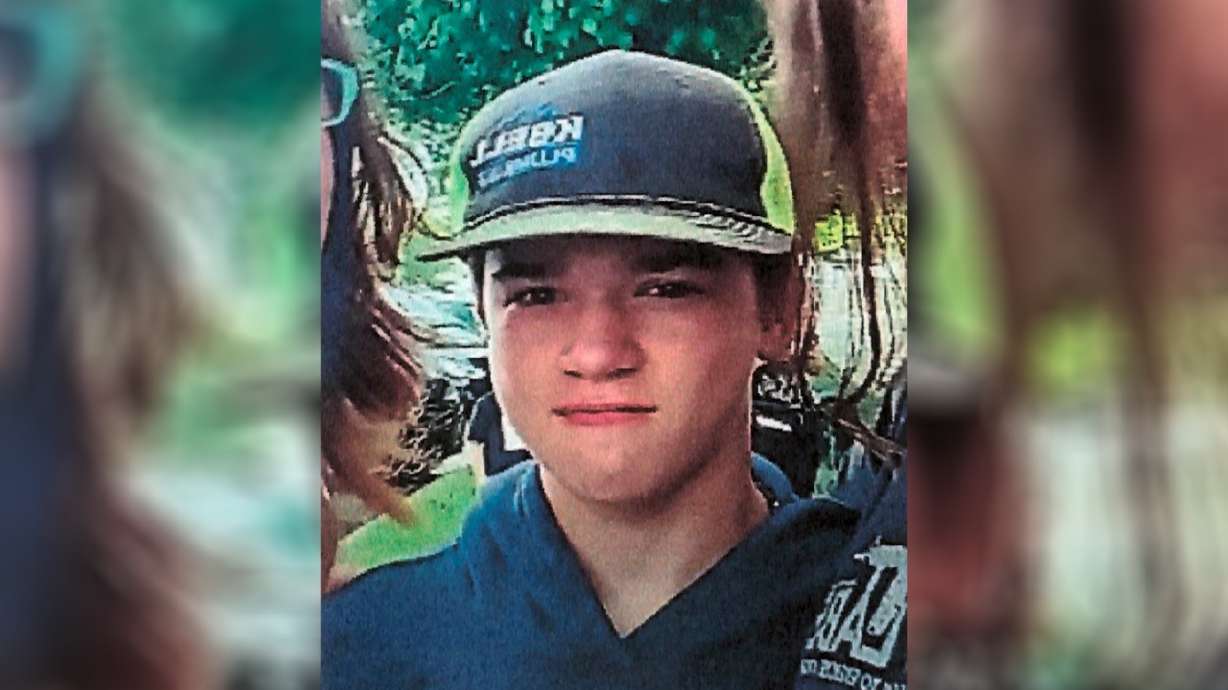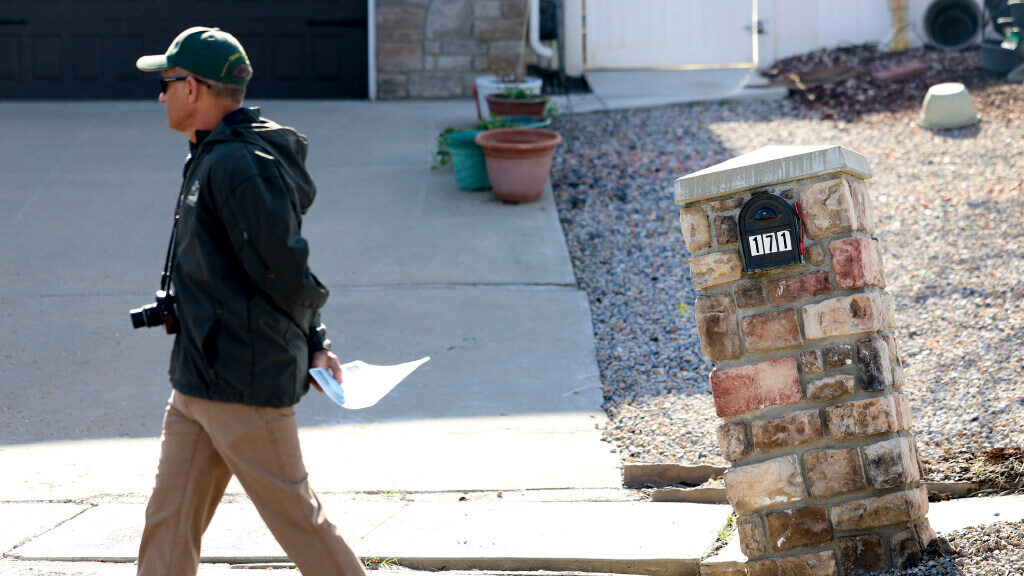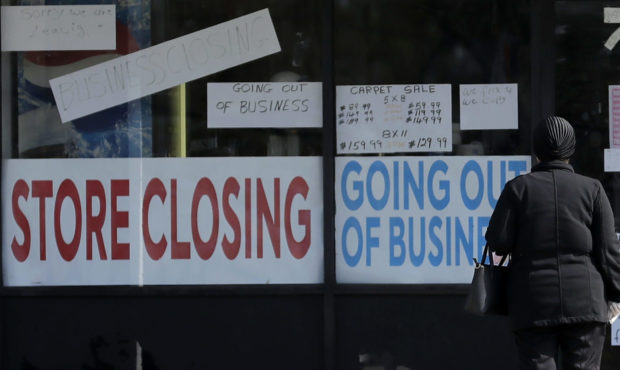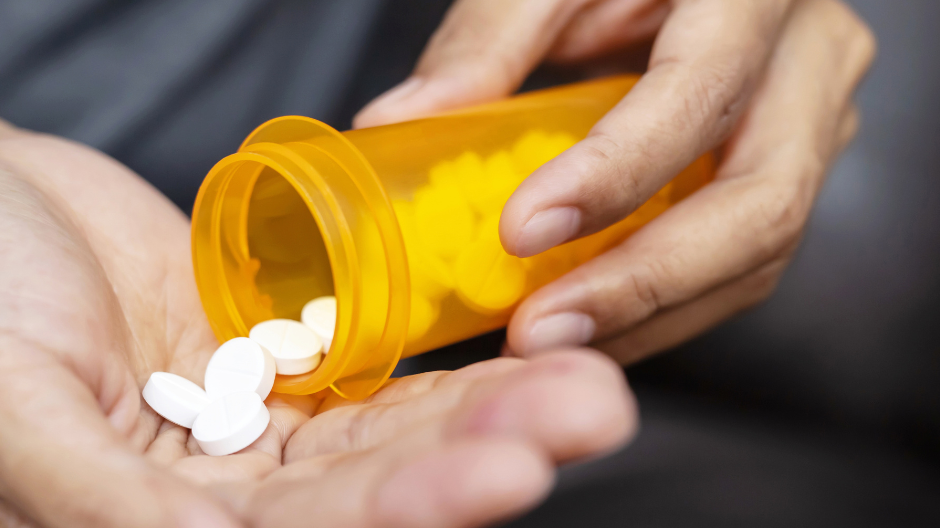Cash is king after a natural disaster or similar emergency, so have some!
May 21, 2022, 6:00 AM | Updated: Jun 17, 2022, 10:11 am
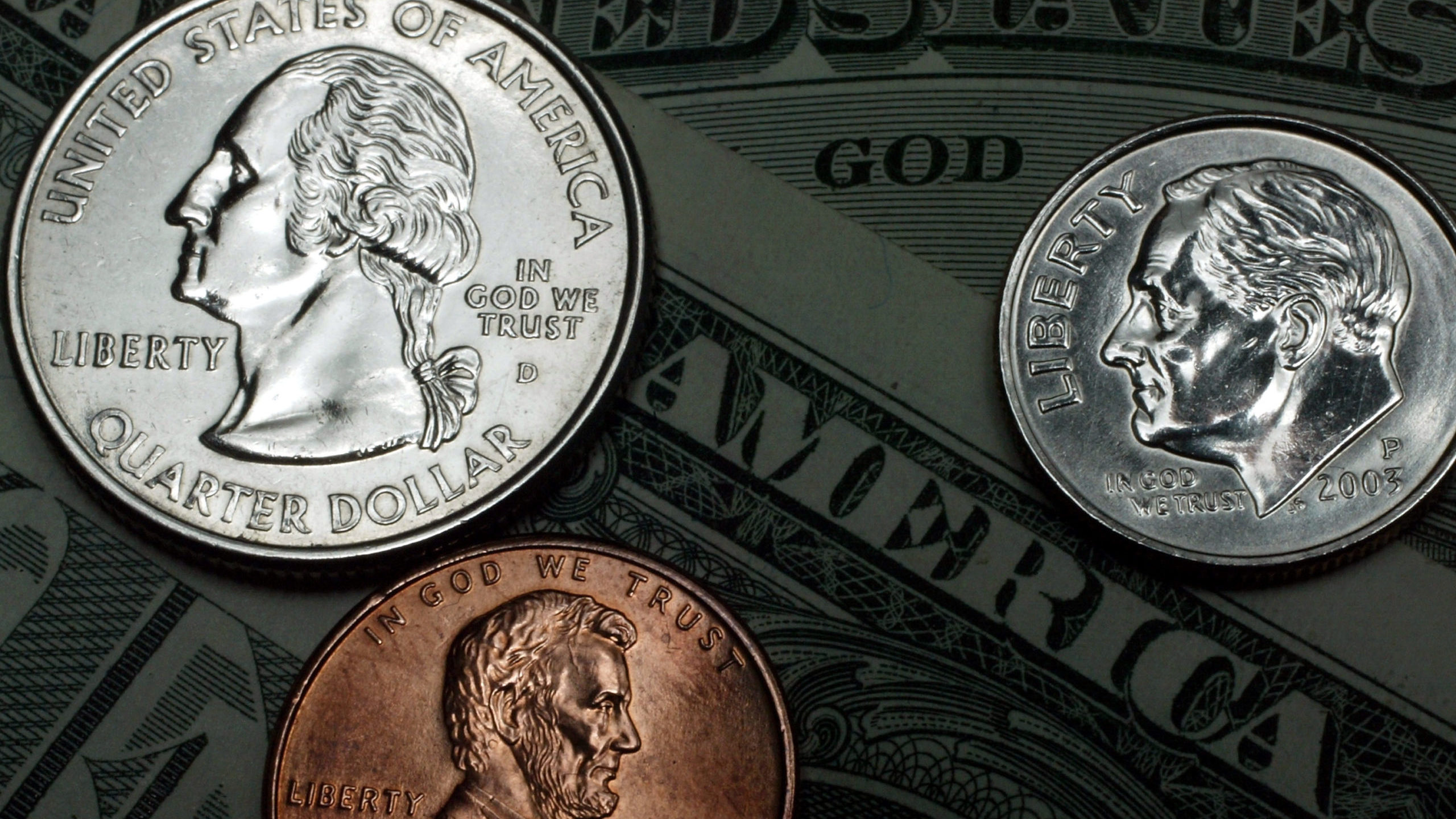
FILE: (Photo Illustration by Alex Wong/Getty Images)
(Photo Illustration by Alex Wong/Getty Images)
Editor’s note: This is an editorial piece. An editorial, like a news article, is based on fact but also shares opinions. The opinions expressed here are solely those of the author and are not associated with our newsroom.
SALT LAKE CITY — During an emergency or natural disaster, cash on hand can really make a difference when, after the dust is settled, you are charged with keeping yourself and your family afloat.
Earthquakes, blizzards, a super-drought, and wildfires are all possible (even probable) in Utah. A sudden job loss can happen anywhere. Whether the emergency comes from Mother Nature in the form of a disaster, or your household is hit with a sudden loss of income, the message is to be prepared for life’s storms.
KSL NewsRadio is partnering with BeReadyUtah.gov to offer tips, and even personal experiences that show how you can be prepared for what life may throw your way.
Here’s how to build a “disaster stash” (with cash)
This isn’t just a story assignment for me. This is something I try to practice in my own life. So in an effort to improve and stay on top of current information, I reached out to spokesman Wade Mathews with the Division of Emergency Management, Utah Department of Public Safety. He offered insights and tips on how to prepare now for a potential emergency later.
Here are the basic steps to create an emergency fund.
Have cash that is easily accessible. The recommended minimum is $200 in quick cash to keep on hand. And have more money if you can. And remember it’s not in your bank account, it’s in your disaster/emergency kit. Keep it there so that it’s easy to get to if you find yourself displaced from home.
This next part is very important: make sure your cash on hand is split up into a variety of smaller bills. Why? Let’s say you’re displaced in an emergency. You go to buy a granola bar for two bucks and change. If you only have twenty-dollar bills, you run the risk of not getting your change, especially if money exchange is snarled at the time of purchase.
That granola bar just cost $20 instead, and you just lost $17 and change.
So do you only have ready money, or cash on hand, for an emergency? No. Also, have enough money to cover one month of expenses in your saving or checking account. Again, save more if you can. This one-month supply needs to be enough to cover your mortgage or rent, utilities, and any other necessary expenses you’d normally expend in your household budget.
Tips for saving disaster cash, and where to find extra money
We all have our ways to save. What works for one may not work for another. Do what works best for you, but just do something and start now. Here’s what I did.
Take $20 out of each paycheck, every payday. Go to a bank or wherever you can get money (maybe your grocery store still lets you get cash back above your total order price) and ask for twenty $1 bills. Next payday, get that $20 in $5 increments, then $10 increments, etc.
Working from home
Working from home may have freed up some money in your budget. For example, it costs me about $60-$65 a week for a tank of gas. If I worked from home, my gas budget is the first place I’d look to see if funds may now be available that weren’t before. Because of rising gas prices, if you’re working from home you may see a dramatic increase.
The same is true for any expenses you no longer have by working from home. Money you might have spent eating out for lunch, buying your morning coffee or green drink, or buying career clothing can now go into your emergency fund.
A careful look at your former outgoing expenses may pleasantly surprise you if you’re now in a home-based office!
Unexpected income
Any unexpected income coming your way? Stash it away. Plan to use extra money in the forms of tax refunds, work bonuses, and gifts as a potential savings source. It’s an easy way to squirrel money away until you reach your goal, and it won’t be any money coming directly out of your own accounts.
Ask for it! (Really!)
If you have a birthday, anniversary, Christmas, or any other gift-giving opportunity coming up and you’re asked, “What would you like? What can we give you this year?” don’t be shy. Many parents, grandparents, friends, and loved ones understand the need to save and are willing to help you reach your goals.
Sacrifice regularly
Yep. Sacrifice something small on a regular basis. For example, take what you’d spend on a dinner out, a morning coffee & donut run, or an evening at the movies and put that into your “cash stash.” Do that a few times a month & you’ll see your emergency savings grow steadily.
Experience is the best teacher
In my own experience, I’ve had a few times where dipping into my emergency cash bailed me out of inconvenient situations that not only helped me but sometimes helped others, too.
Once at a store’s pharmacy, a severe electrical storm had knocked out power to the area and the store was barely operational. I was at the pharmacy counter when I was told no debit/credit cards could be used due to the power outage, just “cash only “for transactions.
How many people carry lots of cash on themselves nowadays? Not me.
I had to think fast because I didn’t have enough cash to cover the cost. So I asked about an almost forgotten legal tender. “Can you accept a personal check?” Yes! I’d have my prescription and be on my way. But it didn’t end there. That one question sparked a unique situation as the patron behind me quickly called home asking, “Honey, do we still have a checkbook in the office? Will you run it over?” It was a simple solution once it was figured out and as a result two families received the medications they needed that day.
Gift cards just as good as cash after a disaster
Yes, gift cards are conveniently packed in my disaster kit. This a personal choice. Since we’re encouraged to make our emergency kits specific to our own family’s needs, I keep a few handy and treat them like alternative tender in addition to the $200 quick cash.
To be clear, “Cash Is King.” Gift cards in my kit will always be a “supplement” and not a “substitute” for cash.
And not just any gift cards either. I pick gift cards specific to my tastes and needs. Typically, I select cards for nearby businesses and national chains like Little Caesars, Harmon’s grocery store, Amazon, and Wal-Mart. Why? So I can hold on to my “disaster cash” as long as possible. Depending on the type of emergency, if these businesses are able to accept the cards, I can conveniently feed a few people with one pizza gift card or get a few necessities either online or at big box stores.
It’s A Wrap
Finally, a few guidelines from Mathews and myself to encourage anyone working on disaster cash emergency funds. Debt and procrastination can be enemies to saving. The 2008 Great Recession taught us harsh lessons about living beyond our means. Yet today’s inflation makes many purchases and basic living expenses difficult for many families.
But despite all of that, we all still need our emergency money. So follow these final tips:
- Don’t get overwhelmed!
- Have a plan with goals and work on the deliberate execution of that plan. And get the whole family involved.
- Something is better than nothing even if that’s putting aside a little money from each paycheck or all at once. Just start doing something now without delay.
- Remember, slow and steady wins the race “IF” you stay on track. Consistency really is key to seeing the $200 quick cash and one-month’s emergency funds grow.
And Mathews shares this information from FEMA on financial preparedness:
“Access to financial resources has proven to be a strong predictor of how well someone can cope in the aftermath of a disaster. However, around 40% of Americans do not have enough cash savings to cover a sudden unexpected expense. Under such circumstances, relocating to a hotel for a few days, purchasing cleaning supplies, or replacing food and medications may be out of reach in the absence of external assistance, forcing individuals and families to take on debt loads that prove disastrous in their own right.”
The bottom line? You are responsible for yourself & your family in an emergency, not the government. For more information on all things preparedness, go to the BeReadyUtah.gov website or find them on YouTube for brief tutorials.
For more information or tips, visit the Be Ready Utah website.


